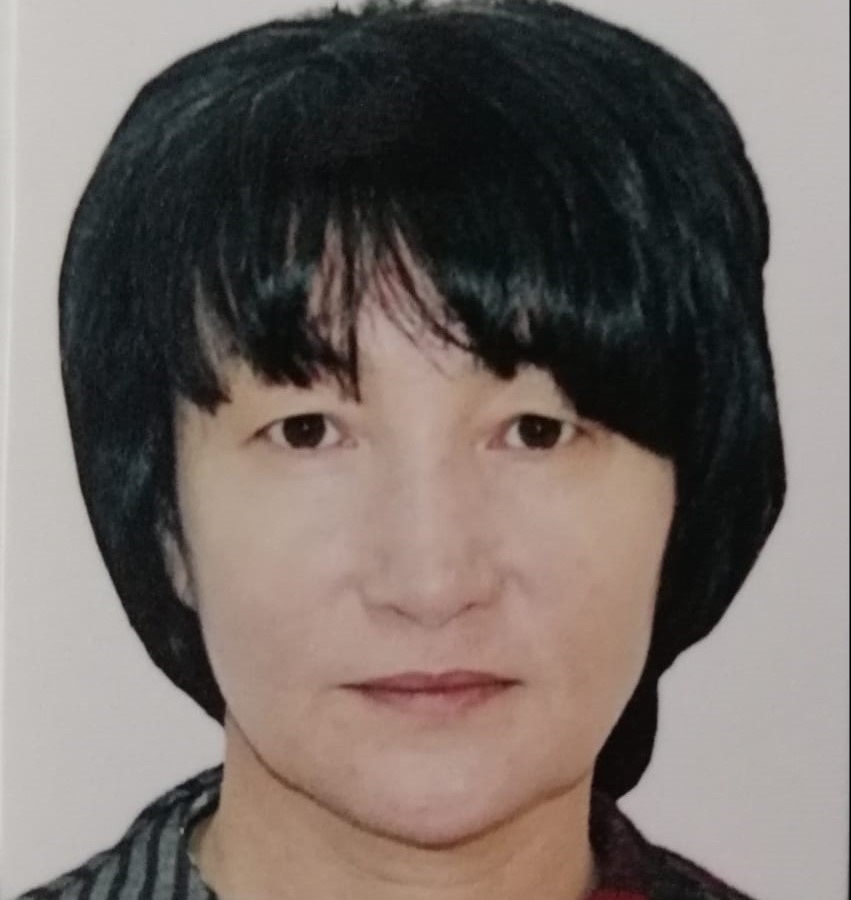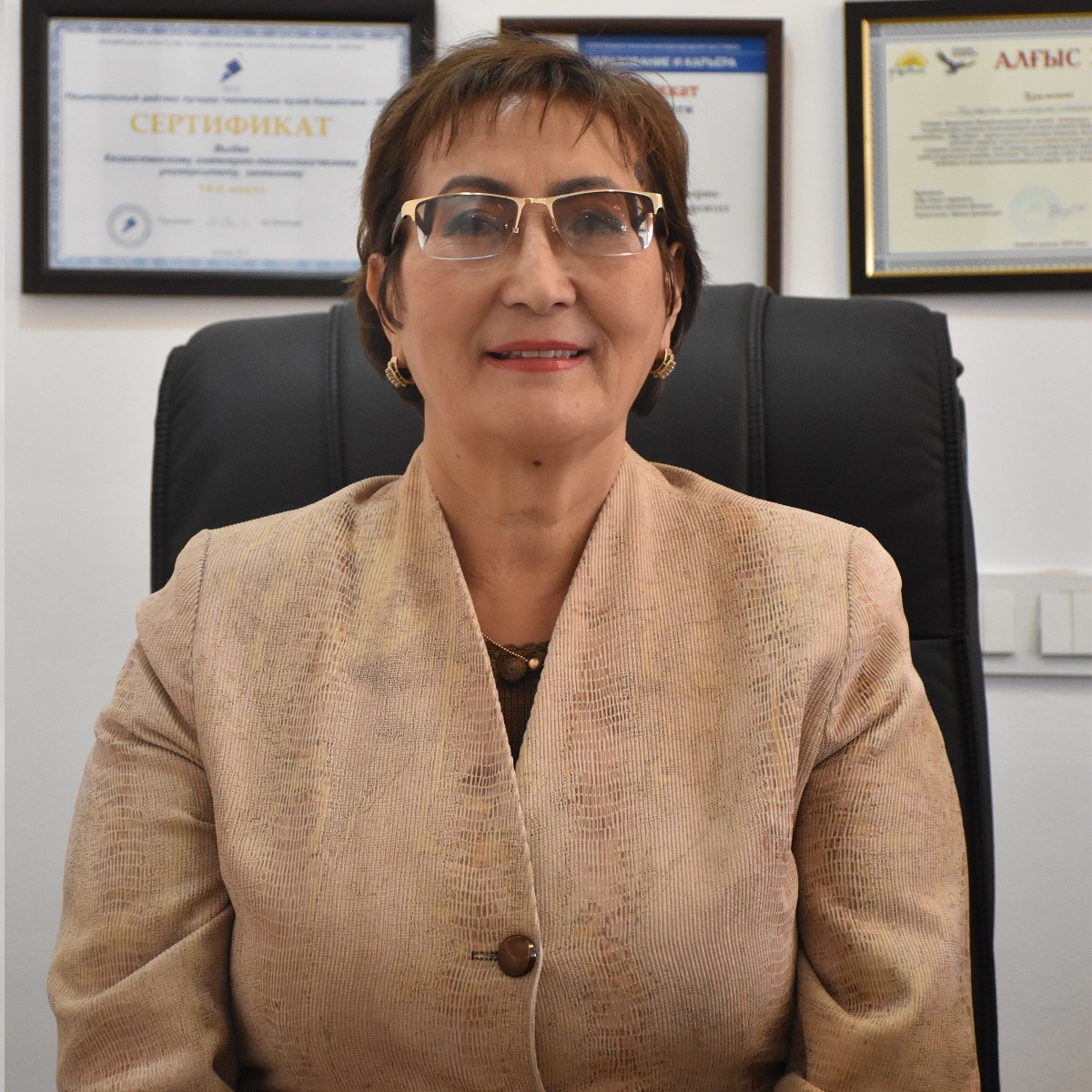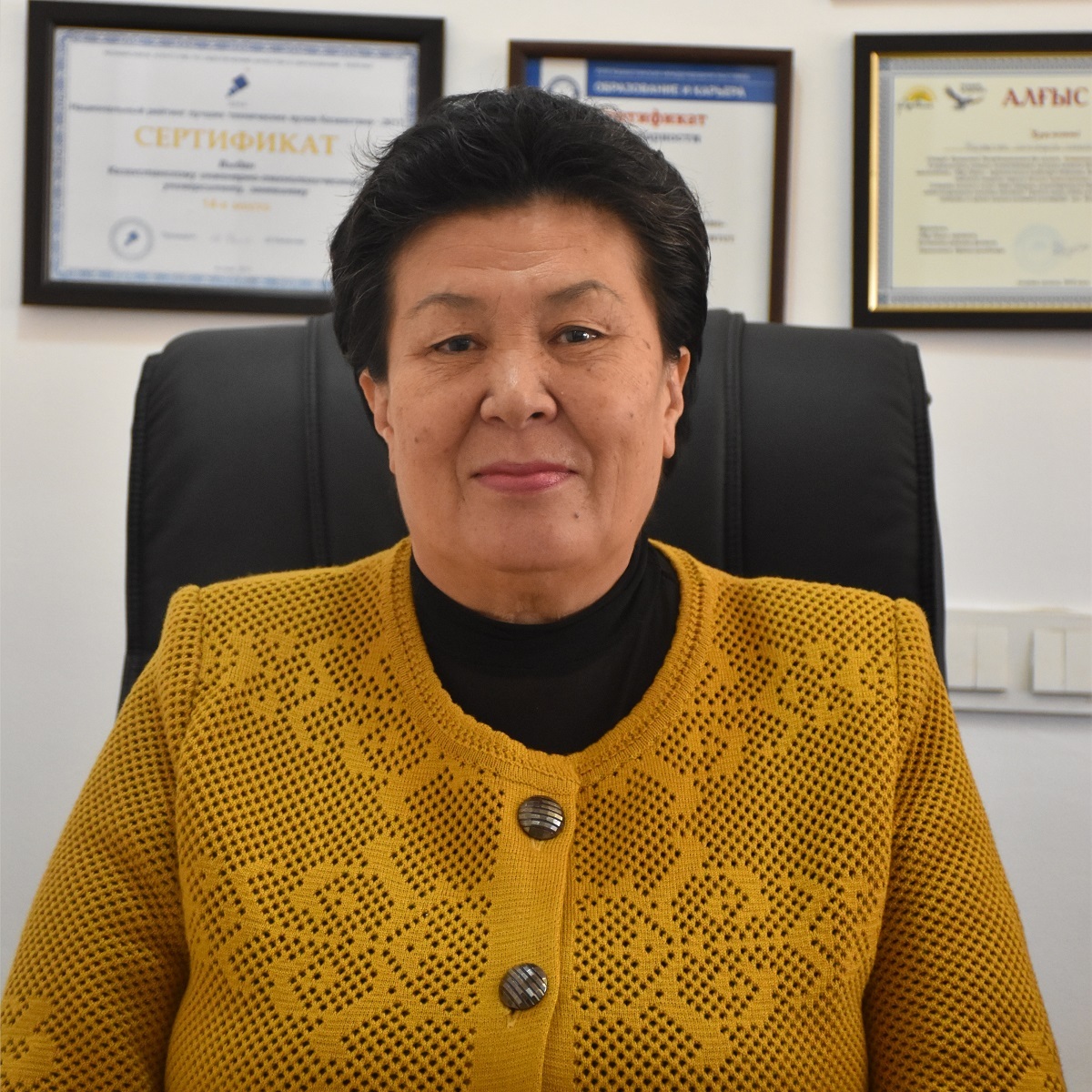Дополнительная образовательная программа (Minor) – совокупность дисциплин и (или) модулей и других видов учебной работы, определенная обучающимся для изучения с целью формирования дополнительных компетенций (Правила организации учебного процесса по кредитной технологии обучения Приказ МОН РК от 12.10.2018 г. №563).
Minor – это блок из четырех взаимосвязанных дисциплин непрофильного для студента направления подготовки. Обучающиеся со 2 курса при определении индивидуальной траектории обучения могут заменить дисциплины от основной образовательной программы, на дополнительную образовательную программу в общем объеме -20 кредитов.
Каждый обучающийся может выбрать для изучения один Minor.

 Karimzhan Rahman Karimzhanovich
Karimzhan Rahman Karimzhanovich Tusupova Bayan Halelovna
Tusupova Bayan Halelovna
 Tursbekova Galiya Zhanmoldanovna
Tursbekova Galiya Zhanmoldanovna